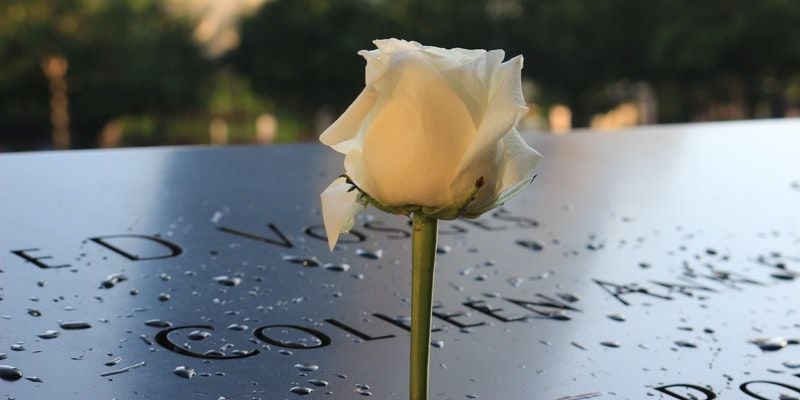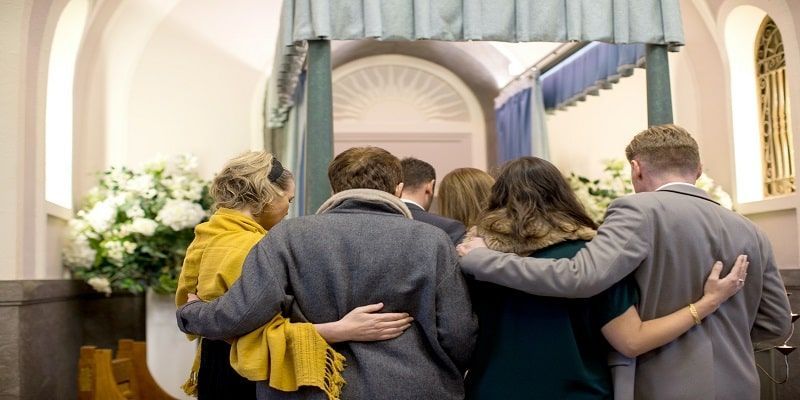How to Plan a Cremation Ceremony
Learn how to plan a respectful cremation ceremony with our guide. Explore steps, considerations, and options for cremation services in Brea, CA.

Planning a cremation ceremony involves several key steps to ensure a respectful and meaningful event. Whether arranging a service for a loved one or pre-planning your own, understanding the process can make a significant difference. This guide will walk you through the essential aspects of planning a cremation ceremony, helping you make informed decisions about cremation services in Brea, CA.
Understanding Cremation Ceremonies
A cremation ceremony is a service held to honor and remember the deceased. Unlike traditional burials, cremation offers greater timing, location, and format flexibility. It can be as formal or informal as you desire, reflecting the personality and wishes of the deceased.
Steps to Plan a Cremation Ceremony
1. Choose a Location: The first step in planning a cremation ceremony is selecting an appropriate venue. This could be a funeral home, a place of worship, a private residence, or an outdoor location that was meaningful to the deceased. Each venue offers unique benefits and considerations, so choose one that best fits the desired tone and atmosphere of the ceremony.
2. Decide on the Type of Service: Cremation ceremonies can vary widely, from traditional services similar to those for a burial to more personalized celebrations of life. Decide whether you want a formal service with eulogies and readings or a casual gathering with family and friends sharing memories.
3. Select a Celebrant or Officiant: Depending on the type of service, you may need to choose someone to lead the ceremony. This could be a religious leader, a professional celebrant, or a family member or friend. The officiant will guide the service, ensuring it proceeds smoothly and respectfully.
4. Personalize the Ceremony: Incorporate elements that reflect the deceased's life and values. This can include music, readings, photo displays, and video tributes. Personal touches honor the deceased and provide comfort and connection for attendees.
5. Decide on the Disposition of Remains: After the cremation, you must decide what to do with the remains. Options include keeping them in an urn, scattering them in a meaningful location, or interring them in a columbarium or burial plot. Consider what would be most meaningful and respectful for your loved one.
6. Notify Family and Friends: Informing family and friends about the ceremony details is crucial. Send out invitations well in advance, providing all necessary information about the date, time, and location. This ensures everyone has the opportunity to attend and pay their respects.
7. Plan the Reception: Many families host a reception following the ceremony. This can be a time for guests to share memories, offer condolences, and support one another. Decide on the location, food, and other arrangements needed for this gathering.
Legal and Logistical Considerations
When planning a cremation ceremony, several legal and logistical aspects must be considered.
- Documentation: Ensure you have all necessary permits and documentation. This typically includes the death certificate and cremation authorization forms.
- Transport: Arrange for the transport of the body to the cremation facility. Funeral homes usually provide this service as part of their packages.
- Scheduling: Coordinate the timing of the cremation with the ceremony. Some families prefer to hold the ceremony after the cremation, while others may have a viewing beforehand.
Budgeting for a Cremation Ceremony
Cremation can be a more cost-effective option compared to traditional burial, but there are still expenses to consider. Costs may include:
- Cremation fees
- Venue rental
- Officiant fees
- Memorial items (e.g., urns, keepsakes)
- Reception costs
It is important to discuss these details with your chosen funeral home or cremation service provider to get a clear understanding of the potential costs involved.
Conclusion
Planning a cremation ceremony involves careful consideration and thoughtful decisions to create a meaningful tribute to the deceased. By understanding the steps involved and considering the preferences of your loved one, you can arrange a ceremony that honors their memory with dignity and respect.
For those needing professional guidance, Community Funeral Service offers comprehensive support and cremation services in Brea, CA, to help you through this difficult time. Contact us today for more information.










